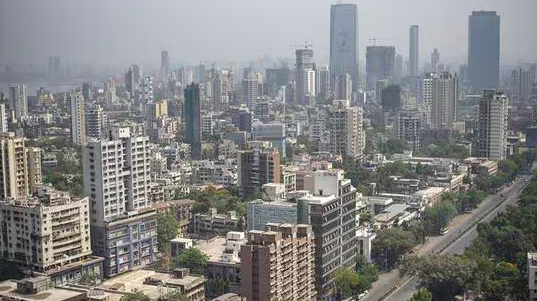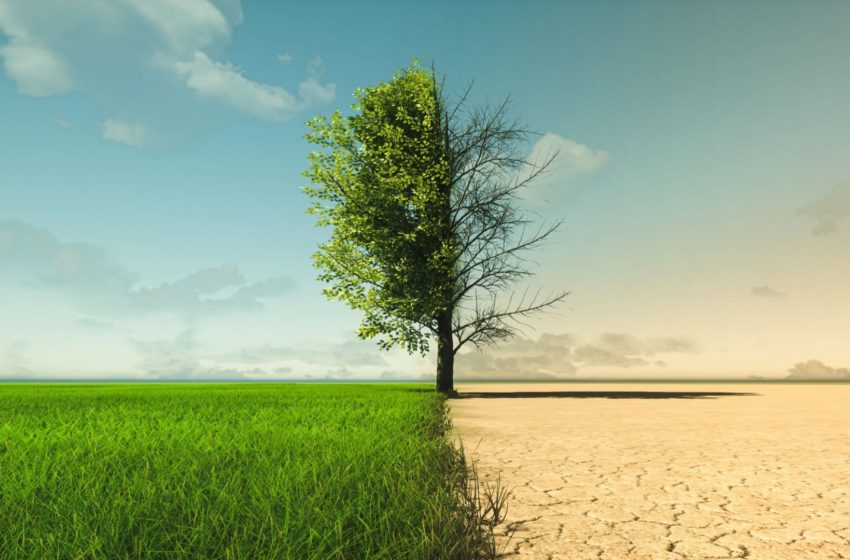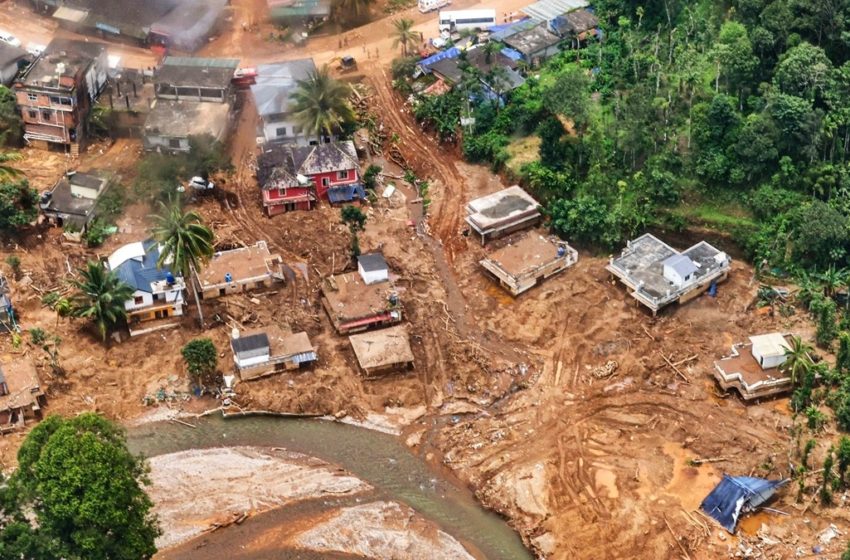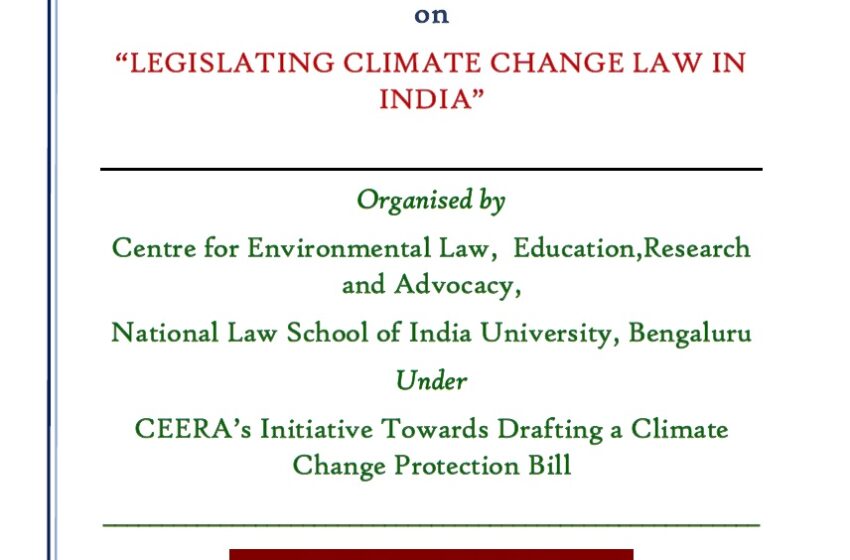-Prof. (Dr.) Sairam Bhat* & Haridev Varma** The underlying lynchpin of the doctrine separation of powers is the Rule of law, which encompasses transparency and accountability. Recent developments to the Environment Impact Assessment (EIA) Notification, 2006, and its subsequent amendments have highlighted an intricate relationship between rulemaking, Constitutional adherence, and judicial oversight in India’s environmental […]Read More
Tags : Climate Change
– by Emma Shensher and Prof. Kirk W. Junker A Brief Historical Context for European Restoration Regulation It would be a sad competition to determine which crisis is the most urgent. Although climate disruption may well win this competition, other crises demand redress, including legal redress. One such other crisis is ecosystem restoration. Ecosystem restoration […]Read More
– Sairam Bhat* & Gayathri Gireesh** In the wake of recent landslides in Wayanad, the authors argue that the declaration of certain parts of the Western Ghats as Ecological Sensitive Areas under the Environmental Protection Act, 1986, will be a futile exercise and highly unlikely to be effective in disaster management. The need of the […]Read More
– Gayathri Gireesh* & Balabadruni Naga Satwik** INTRODUCTION Plastic waste is defined as any plastic discarded after its intended use [1]The concept of Plastic Wastage Management (hereafter PWM) aims to manage the plastic waste from its production to the final disposal which includes, collection, storage, transportation, reduction, reuse, recovery, recycling, composting or disposal of […]Read More
Prof. Sairam Bhat,* Vikas Gahlot,** Jaibatruka Mohanta*** Introduction The recently passed Forest (Conservation) Amendment Act, 2023[1] introduces significant legislative revisions to the Forest (Conservation) Act, 1980 (FCA), which is a pivotal environmental legislation in India regarding forest conservation. Enacted in 1980, The FCA (now the Van (Sanrakshan Evam Samvardhan) Adhiniyam, 1980) is one of the […]Read More
– Vidushi Gupta (NLSIU, V Year) DID YOU KNOW? 17% of the food produced globally for human consumption is wasted at the consumer level every year. One-third of all food in India is wasted or gets spoilt before it is eaten and ends up in the bin. More than 22 crore Indians sleep hungry every […]Read More
–Jaibatruka Mohanta* “We are the first generation to feel the sting of climate change, and we are the last generation that can do something about it.” -Jay Inslee Introduction Climate Aid can be understood as local, national or transnational financing that is drawn from public, private or other alternative sources that seek to support mitigation […]Read More
Madhubanti Sadhya* Samvedh Bagavadeeswar** Introduction As cities worldwide work towards achieving the goals set under Sustainable Development Goal 13 on climate action,[1] India plays a critical role in mitigating climate change as the seventh most affected country in terms of climate extremes.[2] The country is a party to the Paris Agreement and Montreal Protocol, […]Read More
ABOUT THE WORKSHOP In the attempt to join the global effort to address climate change and its allied issues, Centre for Environmental Law, Education, Research and Advocacy, NLSIU has undertaken the initiative to draft a Bill that seeks to provide a clear and comprehensive framework for climate protection in India. To this end, CEERA had […]Read More
Tracing the Enviro-Legal Framework for Bottom Trawling Ms. Lianne D’Souza, Research Fellow, CEERA Ms. Alekhya Sattigeri, Law Student, ULC, GGSIPU Bottom Trawling Marine ecosystems, like other natural resources, have and continue to be threatened by environmentally degrading anthropogenic activities. From the active pollution of oceans and to the flagrant exploitation of marine resources, human-induced habitat […]Read More




![REIMAGING FOREST GOVERNANCE – APPRAISAL OF THE FOREST [CONSERVATION] AMENDMENT ACT 2023](https://ceerapub.nls.ac.in/wp-content/uploads/2023/09/Forest.jpeg)




